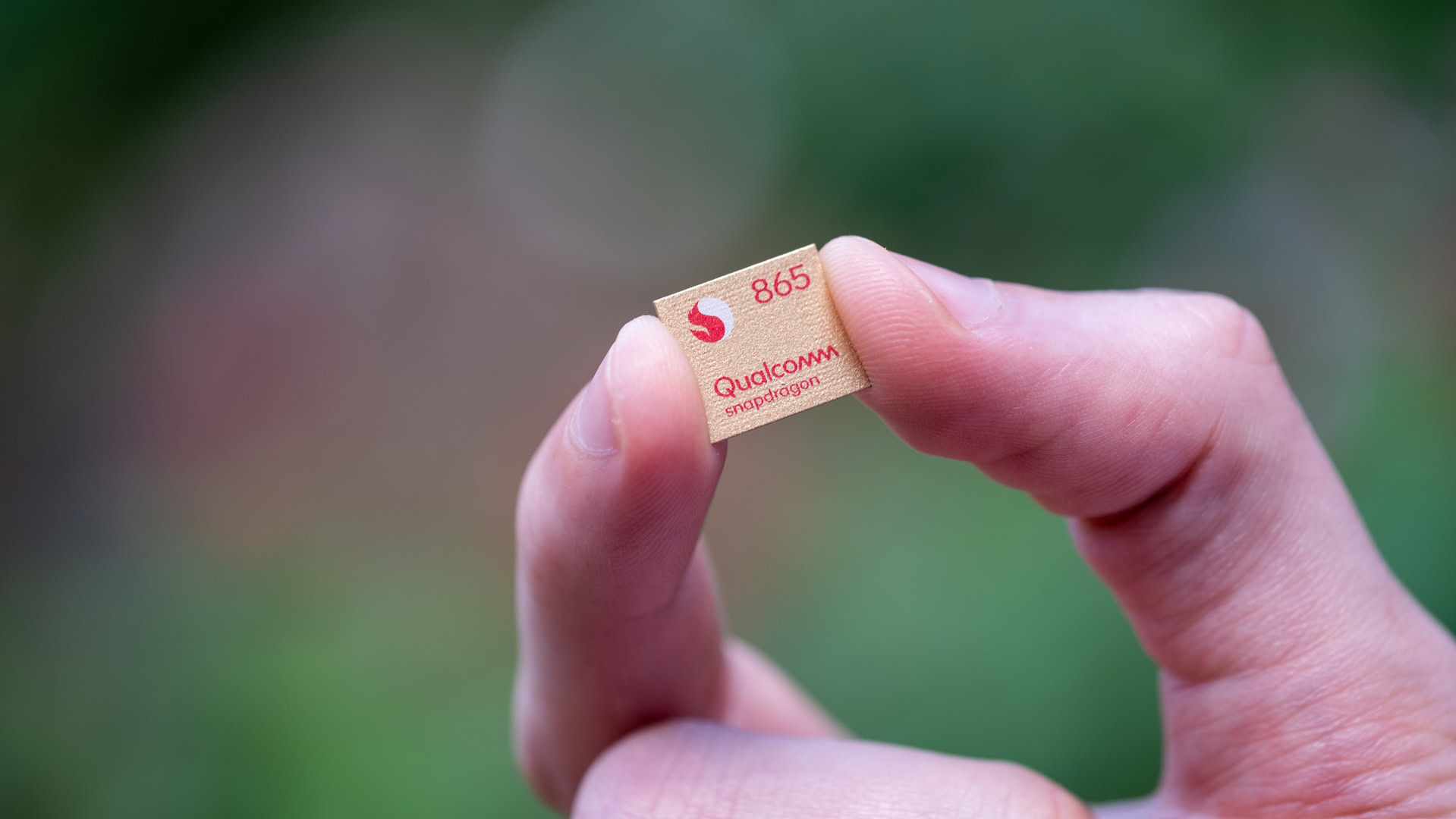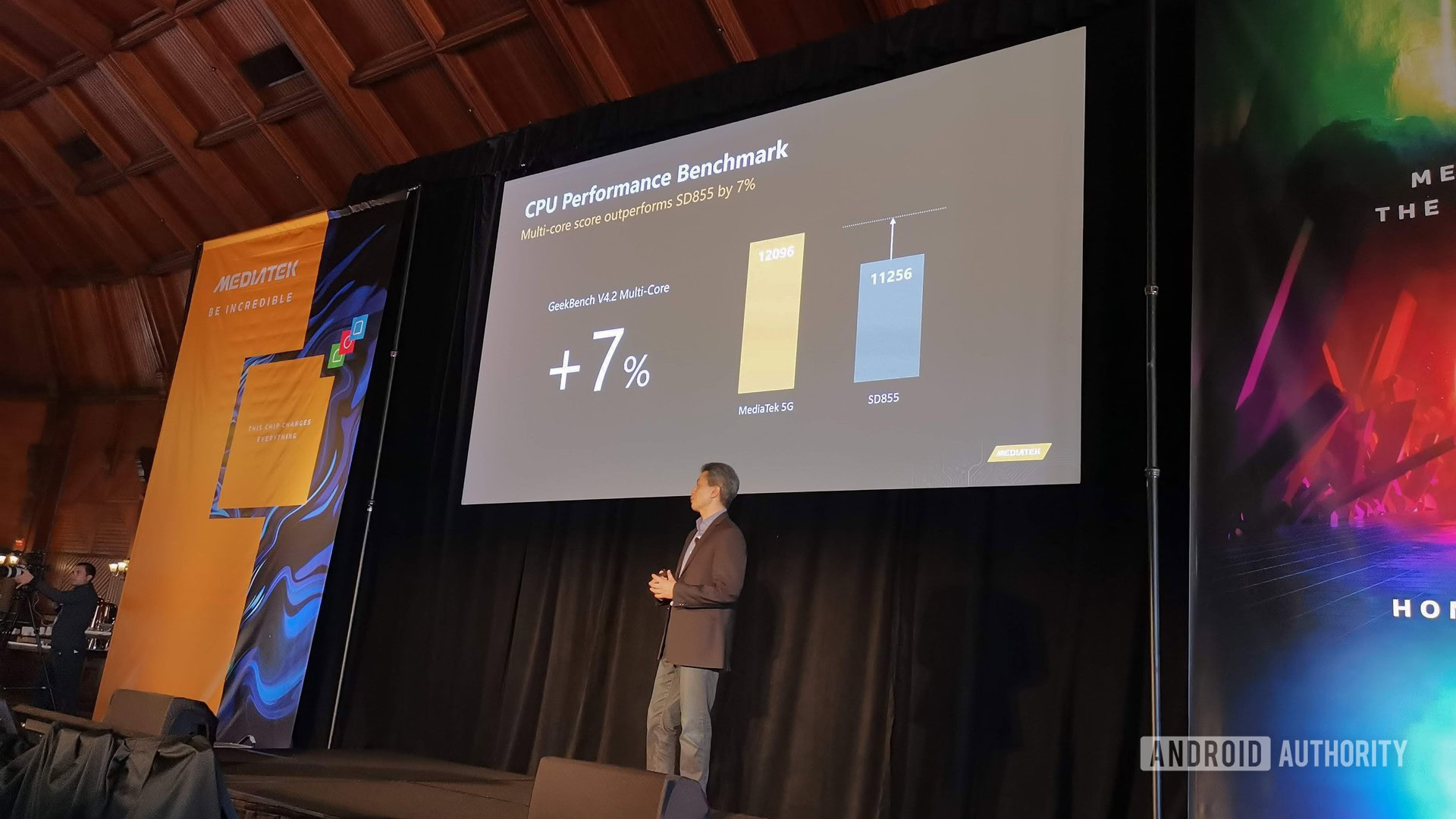Affiliate links on Android Authority may earn us a commission. Learn more.
Snapdragon 865 benchmark leaks: How much of a leap is it?

The Snapdragon 865 was made official this week, and we’ve got a ton of information about the flagship processor. But what kind of real-world performance improvements should we expect though?
Fortunately, frequent tipster Ice Universe has posted apparent GeekBench 4.4 benchmark scores on Twitter. The alleged Snapdragon 865 benchmark reveals a single-core score of 4,303 points and a multi-core score of 13,344.
Snapdragon 865,Awesome! pic.twitter.com/zXxxD76TIe— Ice universe (@UniverseIce) December 4, 2019
Our own testing reveals that last year’s Snapdragon 855 hit a single-core score of 3,400 to 3,500 points and a multi-core score of 10,400 to 11,300. The Snapdragon 855 Plus achieved a score of roughly 3,600 points in single-core testing and between 10,500 and 11,400 in multi-core benchmarks. This translates to a single-core performance leap of 19.5 to 26.5% and a multi-core leap of 17 to 28%.
The new Snapdragon chipset makes use of a light/medium/heavy CPU setup, featuring a semi-custom Cortex-77 core at 2.84Ghz, three semi-custom Cortex-A77 cores at 2.4Ghz, and four Cortex-A55 CPU cores at 1.8Ghz.
It’s also worth noting that MediaTek claimed a GeekBench multi-core score of 12,096 points for the Dimensity 1000 processor (see below). So this tentatively puts the MediaTek chipset in between the Snapdragon 855 Plus and the Snapdragon 865. MediaTek’s chipset sports four Cortex-A77 cores at 2.6Ghz and four Cortex-A55 CPU cores at 2Ghz.

It’s certainly possible that the Snapdragon 865 score was achieved with a reference device rather than a commercially available smartphone. So it doesn’t necessarily reflect real-world scores, but still gives us a rough idea of what to expect from commercial devices.
Do you take benchmarks into account when buying a smartphone? Let us know in the comments!